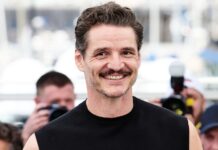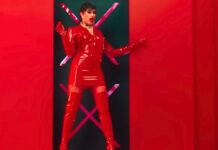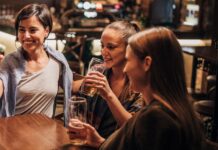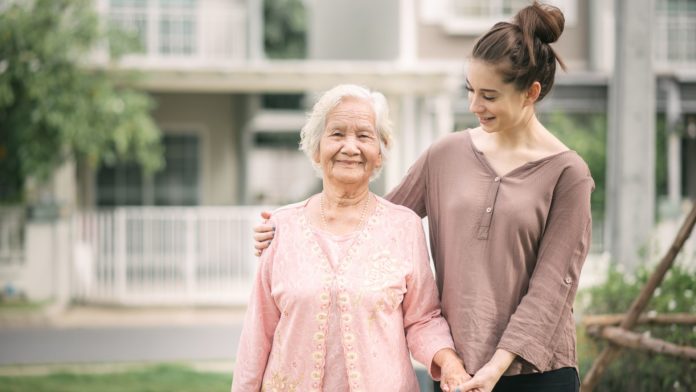Later this year, I will turn the big 4-5, and before you ask, yes, I am aware that calling it that is not a thing, that my experience of this particular age-as-a-number is all my own. To me, 45 feels as if I’ve reached the midway point, not specifically the one between birth and death, but half of another, differently subjective quantification. When I assess what has come before and weigh it against my passion, curiosity, and remaining energy, I would want to do the whole thing once more over, after which I would count myself as done and satisfied.
Here, from my halfway vantage point, I can see behind me three different career paths, all of which I followed just a little bit. Not having exhausted any of them yet, I could keep following their threads, seeing where they take over the next half of my life. In a parallel sense, I could also easily conjure three more careers I would love to pursue, even just a little, before it’s all said and done. So many shingles to hang, so little time.
Balancing each and any of these enterprises alongside the privilege of raising a couple of school-aged children, is revelatory. The unattainability of balance between the two can fuel still dozens more articles above the many that exist, but here I am thinking specifically of the modern condition of being in my mid-forties, having young kids, and how that informs how I feel about where I land on the question of being “old.”
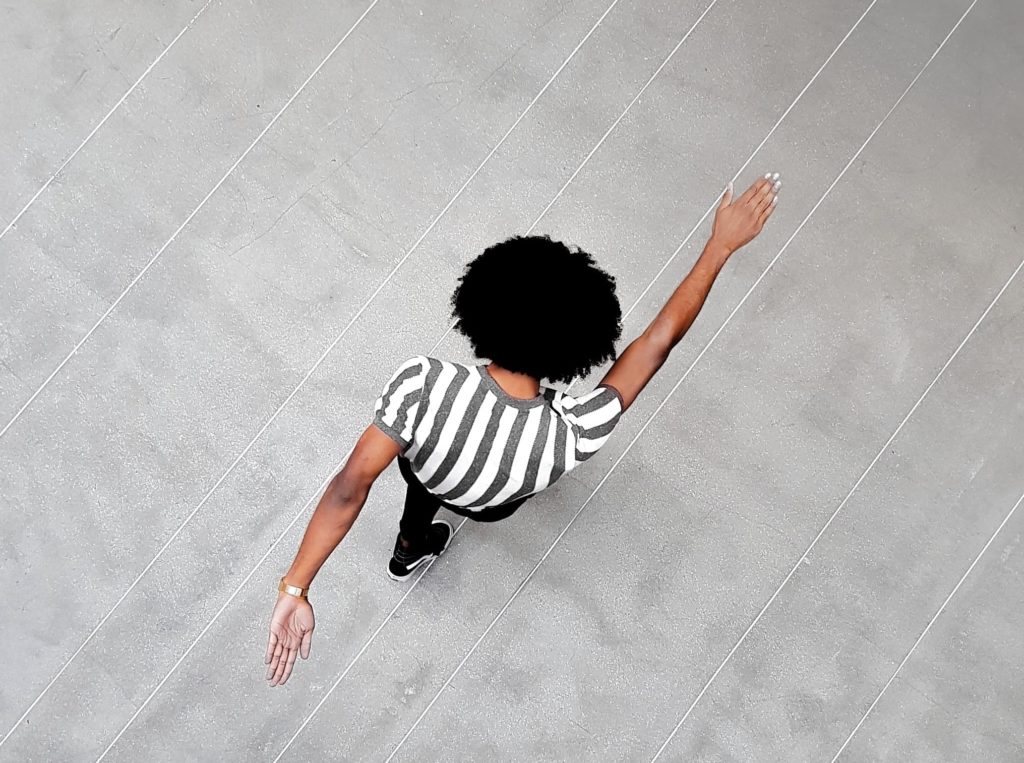
Always unfiltered, kids can magnify bits of us. In my experience, they seize on both the bits we are overly humble about and the ones we’re trying to hide. This morning, my youngest one asked me to color the white tuft that’s been growing wild from my widow’s peak for about eight or ten years, undarkened in the last six, since after his birth. I had so many questions — “how do you know about dye?” among them — but I only asked one. “Why?” He looked me in the eyes when he said “Because I don’t want you to get old.” As I tried to focus on explaining why I had decided not to, another part of me was ready to run out of the door and grab a box of Nice ’N Easy to attempt to wash out the fear that someday I will have to leave him.
I know my boys appreciate how willing I am to kick off my shoes, sit on the floor, jump in the water, eat pizza, get sweaty and muddy with them. But they also raise an eyebrow at my irritable drowsiness nightly around 8 p.m., unwillingness ever to run, even for the bus, objections to the volume of their television viewing/devices/voices, and have gathered the audacity to ask me a few times what it was, exactly, that I had set out to accomplish that day that didn’t give me time to pick up donuts/trinkets/project materials. They both misunderstand and completely comprehend the requirements of my stage in life: to be as young as I can, as I grow old.
And I’m just midway. What awaits me in this next half? The next couple of decades seem alright, with the growth of children and potential enlargements of family. Work, too, looks bright, with space to continue nurturing old habits and still develop new ones. But what about beyond that?
A New Era of Queendom
Until relatively recently, it might have seemed bleak for women past 70. If we look at our cultural markers, women in television and film over 70 were portrayed, in the rare instances of visibility, to be idle in their post-retirement, lonely after children have moved out and are perhaps too far to visit, reclusive as things start to go wrong with their own health and friends start to drop off. Sometimes, the breezy fatalism of an arthritis medication ad or one more red carpet without Joan Rivers’ scathing commentary to remind us of the way Hollywood regards the aging woman as obscene (literally, off-screen), is enough to make us yearn for the eighties, when representation might have been oversimplified in that candy-store array of “golden girls” — but at least we had it.
Today, in Hollywood and beyond, some key players have dropped in to turn our collective attention to the septuagenarian set. Glenn Close is a great place to start, primarily because she is 71 and I will give you a moment to read this sentence over again, because I know that Fatal Attraction seems like it ran just yesterday, but it was actually before I was legally allowed to see it with a parent and we’ve already established that I’m halfway. Close is over 70 and when she dressed like a “golden girl” to attend the Oscars this year on the occasion of her seventh nomination, there was not a shoulder pad in sight. Instead, she wore a dress bedazzled with thousands of gold beads, weighing as much as two toddlers strapped to her midsection.
Close is a poster girl for the new cool of being an older woman, not only because of her repeated Oscar nods (she has yet to win), but more because of her endurance and the wisdom she has developed on this marathon. Winner of several Tonys, Emmys, and Golden Globes, she most recently accepted one of the latter for her latest role in The Wife, a role that examines how much support one can bring to her husband before losing herself. In her speech, Close celebrated the largely female filmmakers, giving a nod to both her mother, who did not enjoy the chance to find fulfillment, and to her daughter, who she says inspired her in the role. Most salient was her gratitude at having worked this long in this industry. (The Oscar in the same category was awarded to Olivia Colman, who is my age and already afraid of what the future will bring in terms of roles).
Close, along with peers like Jane Fonda, Joan Collins, Holland Taylor, Helen Mirren, Diane Keaton, and others are pushing hard against the age limit on both the working woman in Hollywood and, more generally, a cougar, a glamorous and stylish older woman who is still sexually attractive. Indeed, women in their sixties and seventies report living some of the best moments of their sex lives. Unencumbered by first, second, and even third marriages, with kids grown and out of the house, careers established or dissolved, older women have finally gained the confidence, wisdom, and self-awareness to fully embody their dating and sex lives. Clearing other confidence hurdles, like body image and life purpose stuff that plagues younger women, also helps to find fulfillment, both sexual and otherwise.
Older Means Bolder
Demographically speaking, the New York Times reports that women between 65-79 are the happiest people in America right now, and I imagine some of their happiness comes from knowing they will no longer be pushed aside or erased. Not to put all the emphasis on sex, but this group is also the same demographic who protested and demonstrated their way into a sexual revolution. As women reclaim their later-year sexuality, so too do they regain visibility — sexual, political, and commercial.
With an average life expectancy six years longer than men’s (81 to their 76), women are now working longer and better, to happier results, than ever before. This is in spite of the fact that sexism and ageism conspire against women over 50, making them the least likely to find work in America, and the gender most likely to suffer from ageist discrimination, both in society that glamorizes the gray lines of age on men but not on us, and in the workplace. In a world stacked against their presence in the conversation, women have persisted. Many powerful men, accustomed to the podium with a working mike, transgressed. As a result, Susan Zirinsky (66) will soon step into the vacancy left at CBS by serial harasser Les Moonves, becoming the first woman and oldest person ever to do so.
Zirinsky’s appointment as director at the network was announced on the same day as Glenn Close’s win at the Golden Globes. It came shortly after Nancy Pelosi was elected Speaker of the House, becoming the woman who has held the most powerful office in the land so far, at the age of 78. More than beauty, sex, or even money, power looks very good on an older woman. Pelosi, with her experience, small size and big voice, has been the most worthy opponent against the bullying forces of our current administration. More than any man before her, Pelosi was able to hold her own in the government shutdown standoff, showing just how infantile and ineffective the move was in the process.
Dispelling the mythology of the frail old lady, these women are not only growing older and as powerful as men, but they are also, on average healthier. Donna Shalala, age 78, joins Pelosi in Congress oldest freshman in her class. This tiny powerhouse has not only presides over universities and programs her phone to play “Fight Song” as her ringtone, but was also able to stopping a robbery using only her voice. A former softball little leaguer, Shalala broke another record when she become the oldest member of Congress to play on the female softball team.
A healthy and capable Maxine Waters becomes the older person to head the congressional Financial Services Committee at the ago of 80. Zirinsky, known as Z to her gal pal Katie Couric (enduring anchor at the age of 62), has a reputation for being as energetic as they come. Her appointment, Couric asserts, was long overdue. Similarly, Christiane Amanpour steps into the spot left open by another power abuser, Charlie Rose, at the age of 60 and Gayle King co-anchors CBS Morning News from her 64-year-old perspective.

Research shows that women derive the energy, direction, and strength to take on these weighty responsibilities even later in life from the education they receive through experience. It seems that the more difficult it has been for women, historically speaking, to find a calling and live out a passion, the more we have learned. This education makes women adaptable and resilient, ready to hold onto the reins, not of what drives the male gaze but of real friendships, true enterprise, and self knowledge.
As women age, the world’s perception of us often grows to be an encumbrance bigger than whatever bumps in the road age itself brings. Looking to our models of women who regain their visibility by owning the freedom of opinion and wisdom of experience earned through the years, should serve as our rallying cry. Change in society is possible through the movement of collective beliefs and opinions. Investing less energy into discovering the “right” clothes or hairstyle to flatter an older person’s look and more into making space for wise women to lead, innovate, and take us further into our future.
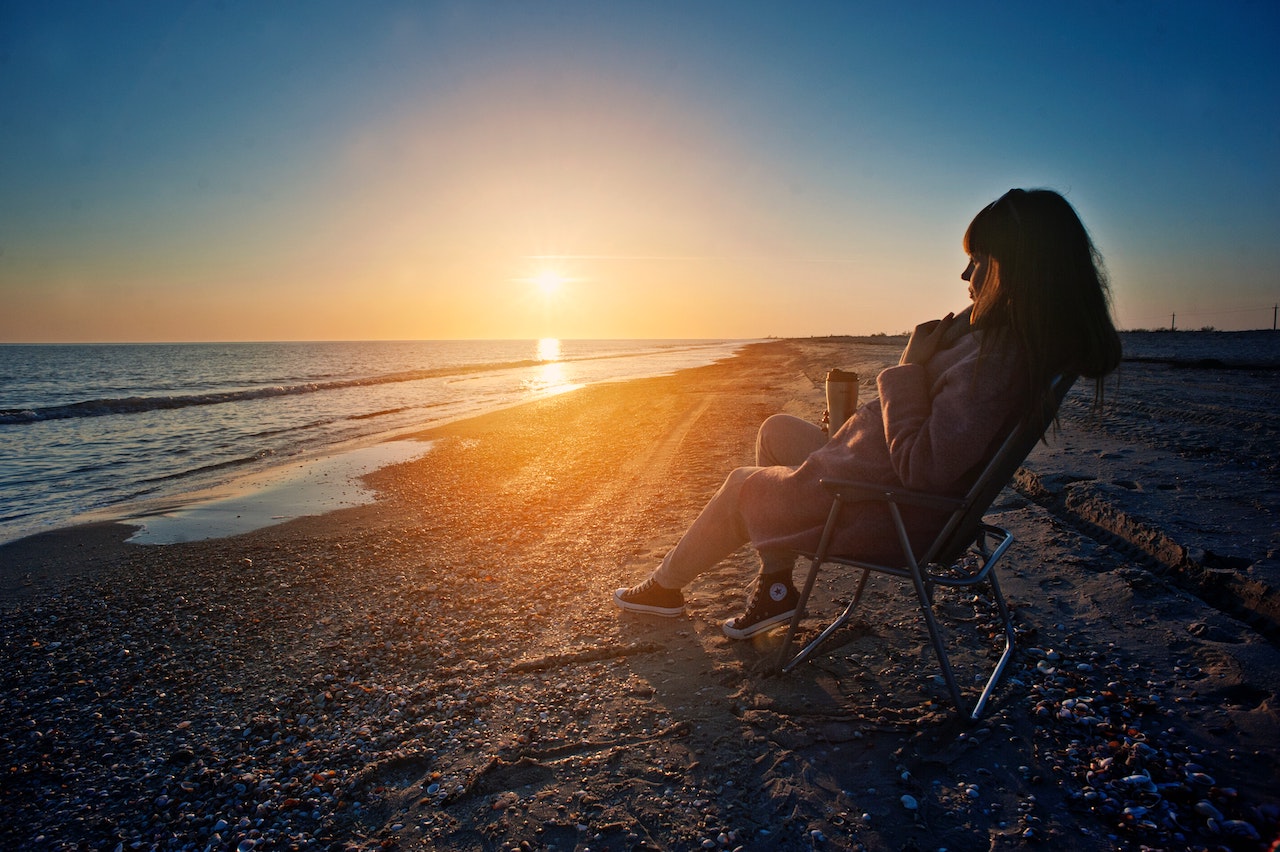
Ultimately, one can never be sure, until it ends by when it will be too late, when we reach halfway. More my wish than my belief, I look up to these women of my mother’s generation — so close! — and think of even better ways to use the next half.
For Image credit or remove please email for immediate removal - info@belatina.com






